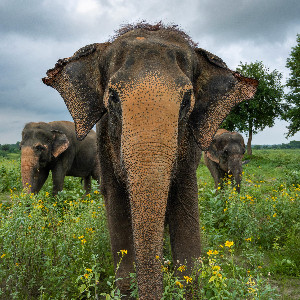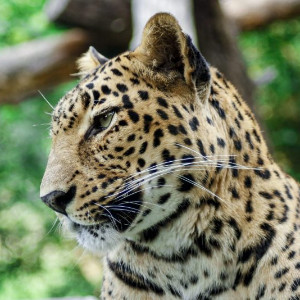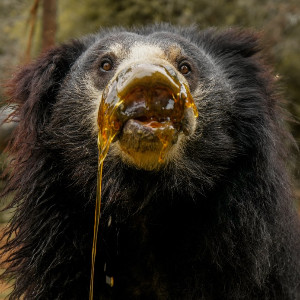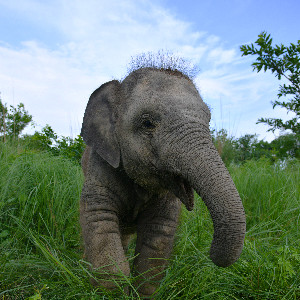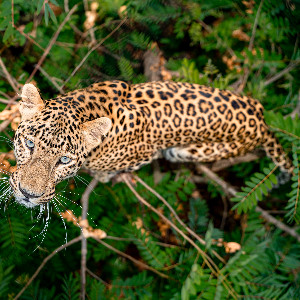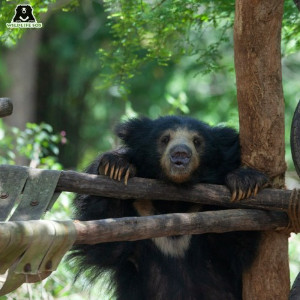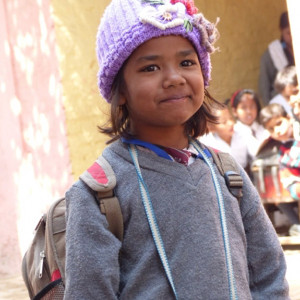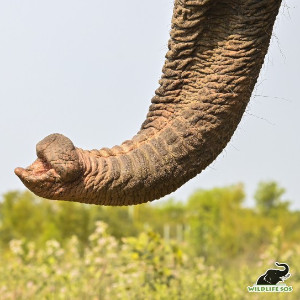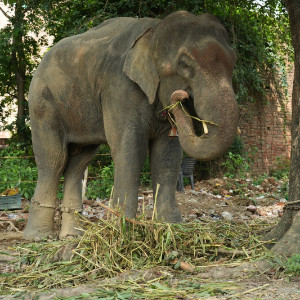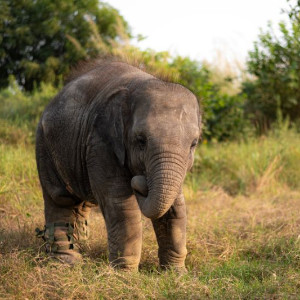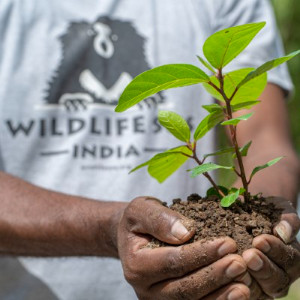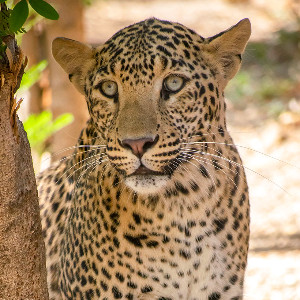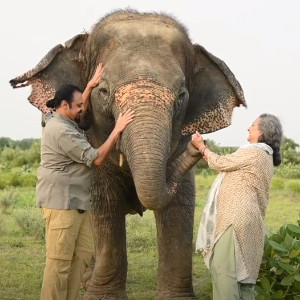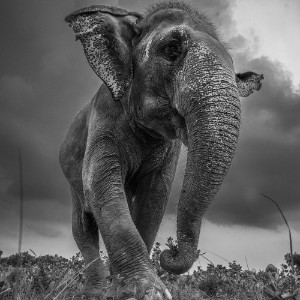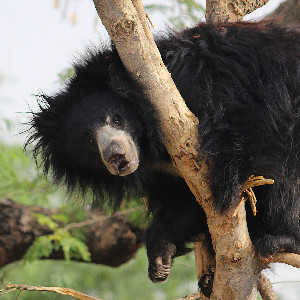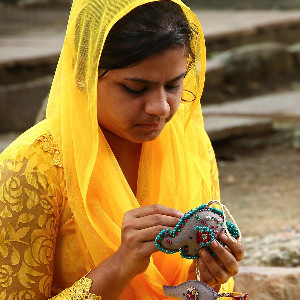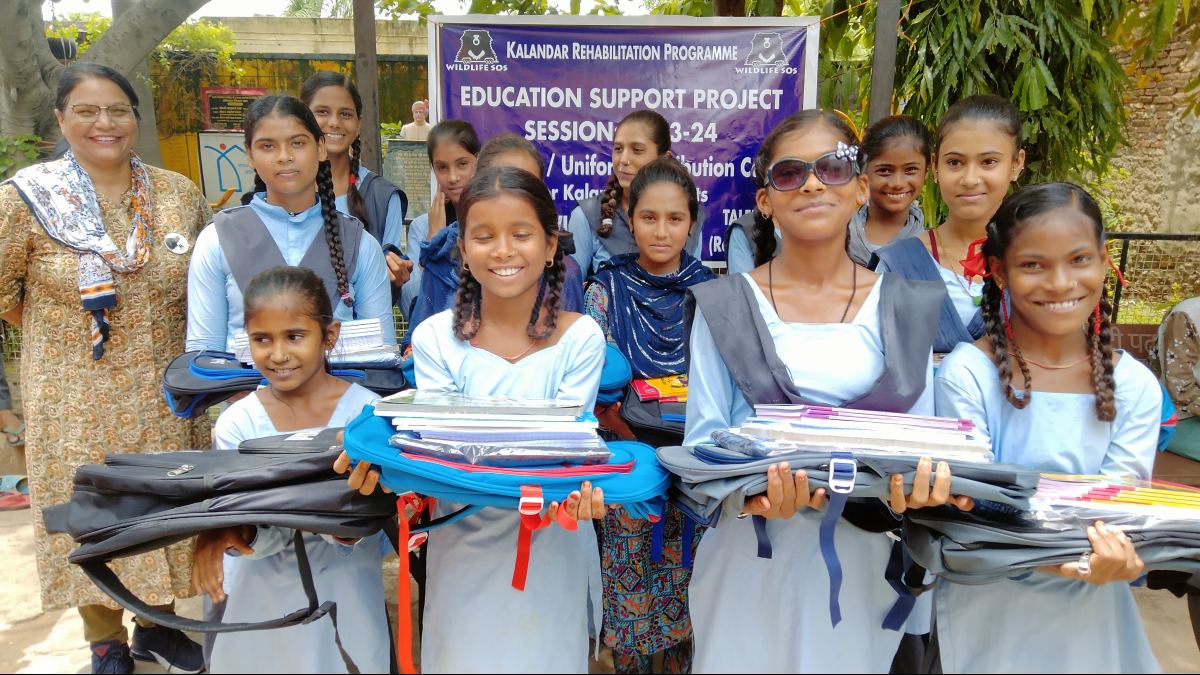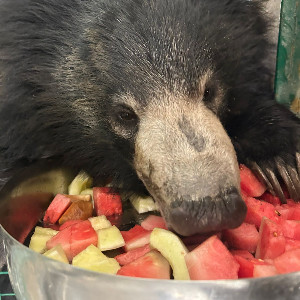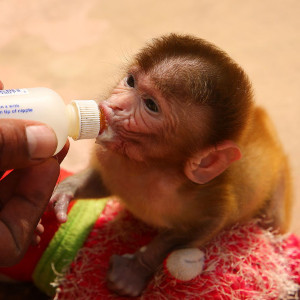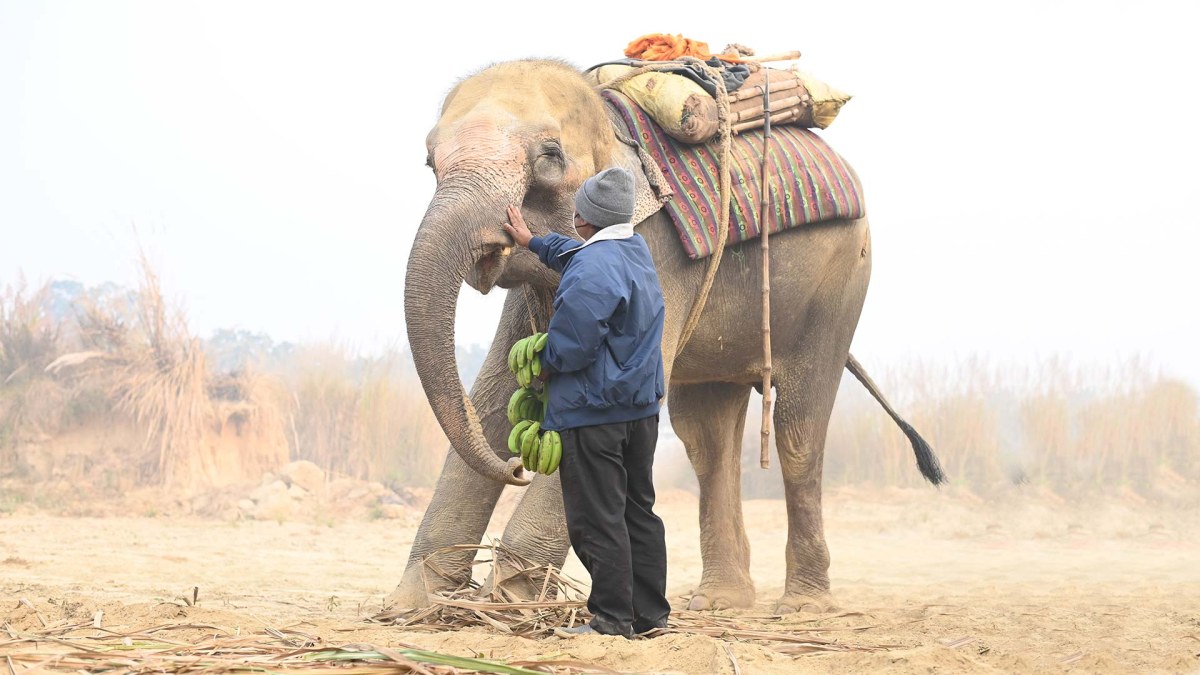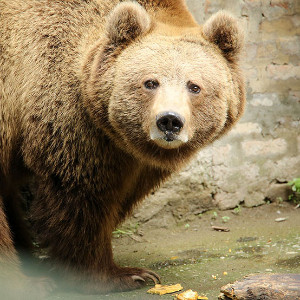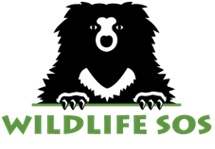
Wildlife SOS
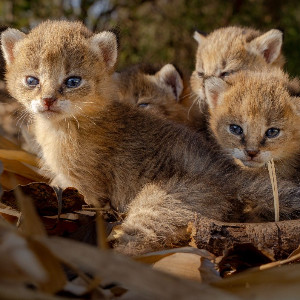
Anti- poaching Program
₹ 500
tax benefit: 50%
The Anti-Poaching Program of Wildlife SOS is dedicated to combating wildlife poaching and illegal wildlife trade, which are major threats to the survival of many endangered species in India. This program works to prevent poaching activities, protect wildlife from illegal exploitation, and strengthen law enforcement efforts.
Key Components of the Anti-Poaching Program:
-
Patrolling and Surveillance: Wildlife SOS deploys trained patrolling teams and use advanced technology like camera traps and GPS tracking to monitor and safeguard critical wildlife habitats. These patrols help detect and prevent illegal activities such as poaching and habitat encroachment.
-
Collaboration with Law Enforcement: The program works closely with local forest departments, wildlife crime control bureaus, and other law enforcement agencies to strengthen the legal framework and enhance the capacity to combat wildlife crimes. This includes training officials in anti-poaching techniques and wildlife crime investigation.
-
Community Engagement: Engaging local communities is crucial for effective anti-poaching efforts. Wildlife SOS conducts awareness campaigns, educates communities about the importance of wildlife conservation, and involves them in monitoring and reporting illegal activities. By creating alternative livelihoods and promoting sustainable practices, the program reduces local communities' reliance on poaching.
-
Intelligence Gathering: The program focuses on gathering intelligence related to poaching networks and illegal wildlife trade. This information helps in preemptively disrupting poaching operations and dismantling trafficking rings.
-
Wildlife Rescue and Rehabilitation: Wildlife SOS rescues animals that have been victims of poaching or are found in illegal captivity. The organization provides medical treatment, rehabilitation, and, when possible, releases these animals back into the wild or provides lifelong care in wildlife centers.
-
Advocacy and Policy Influence: The program advocates for stronger wildlife protection laws and better enforcement mechanisms. Wildlife SOS engages with policymakers to improve legal frameworks and increase penalties for wildlife crimes.
-
Research and Data Collection: Collecting data on poaching trends, affected species, and the impact of conservation measures is vital for informing strategies and policies. Wildlife SOS conducts research to understand the dynamics of wildlife crime and improve anti-poaching tactics.
-
Public Awareness and Education: The program raises public awareness about the consequences of wildlife poaching and the importance of wildlife conservation. Through media campaigns, educational programs, and community outreach, Wildlife SOS aims to foster a culture of respect and protection for wildlife.
Impact:
The Anti-Poaching Program has played a significant role in reducing poaching incidents, protecting endangered species, and strengthening conservation efforts across India. By addressing both the symptoms and causes of wildlife crime, the program contributes to the long-term preservation of wildlife and ecosystems.
For more details, contact: care@wildlifesos.org
Anti- poaching Program
The Anti-Poaching Program of Wildlife SOS is dedicated to combating wildlife poaching and illegal wildlife trade, which are major threats to the survival of many endangered species in India. This program works to prevent poaching activities, protect wildlife from illegal exploitation, and strengthen law enforcement efforts.
Key Components of the Anti-Poaching Program:
-
Patrolling and Surveillance: Wildlife SOS deploys trained patrolling teams and use advanced technology like camera traps and GPS tracking to monitor and safeguard critical wildlife habitats. These patrols help detect and prevent illegal activities such as poaching and habitat encroachment.
-
Collaboration with Law Enforcement: The program works closely with local forest departments, wildlife crime control bureaus, and other law enforcement agencies to strengthen the legal framework and enhance the capacity to combat wildlife crimes. This includes training officials in anti-poaching techniques and wildlife crime investigation.
-
Community Engagement: Engaging local communities is crucial for effective anti-poaching efforts. Wildlife SOS conducts awareness campaigns, educates communities about the importance of wildlife conservation, and involves them in monitoring and reporting illegal activities. By creating alternative livelihoods and promoting sustainable practices, the program reduces local communities' reliance on poaching.
-
Intelligence Gathering: The program focuses on gathering intelligence related to poaching networks and illegal wildlife trade. This information helps in preemptively disrupting poaching operations and dismantling trafficking rings.
-
Wildlife Rescue and Rehabilitation: Wildlife SOS rescues animals that have been victims of poaching or are found in illegal captivity. The organization provides medical treatment, rehabilitation, and, when possible, releases these animals back into the wild or provides lifelong care in wildlife centers.
-
Advocacy and Policy Influence: The program advocates for stronger wildlife protection laws and better enforcement mechanisms. Wildlife SOS engages with policymakers to improve legal frameworks and increase penalties for wildlife crimes.
-
Research and Data Collection: Collecting data on poaching trends, affected species, and the impact of conservation measures is vital for informing strategies and policies. Wildlife SOS conducts research to understand the dynamics of wildlife crime and improve anti-poaching tactics.
-
Public Awareness and Education: The program raises public awareness about the consequences of wildlife poaching and the importance of wildlife conservation. Through media campaigns, educational programs, and community outreach, Wildlife SOS aims to foster a culture of respect and protection for wildlife.
Impact:
The Anti-Poaching Program has played a significant role in reducing poaching incidents, protecting endangered species, and strengthening conservation efforts across India. By addressing both the symptoms and causes of wildlife crime, the program contributes to the long-term preservation of wildlife and ecosystems.
For more details, contact: care@wildlifesos.org

